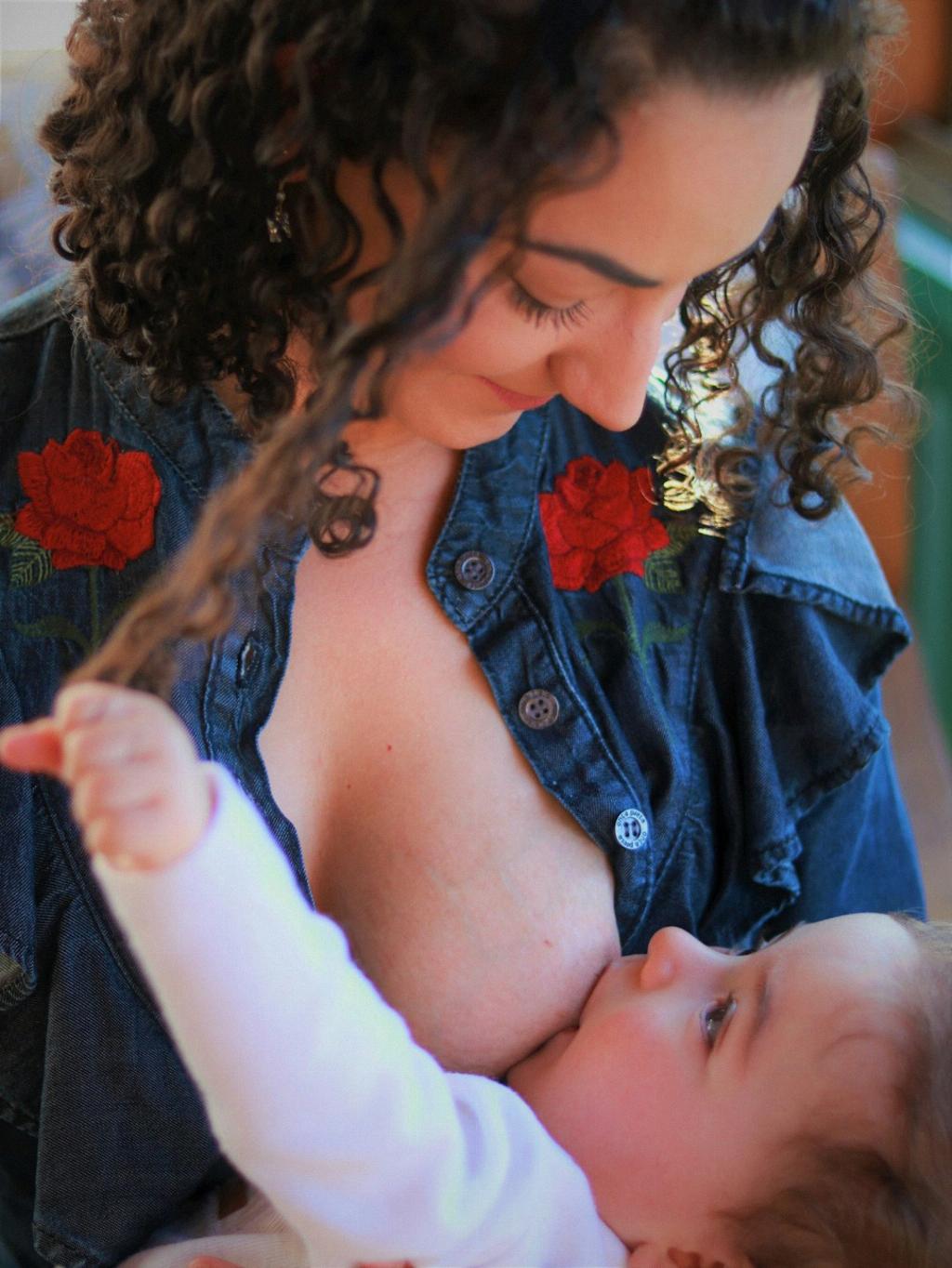Producing breast milk is a natural and essential process for mothers to nourish their newborn babies. There are various factors that can influence the production of breast milk, and understanding how it works can help mothers effectively maintain and boost their milk supply.
Frequency of Nursing and Pumping
One key factor that helps produce breast milk is the frequency of nursing and pumping. Milk production works on a supply and demand basis, so the more frequently you empty your breasts, the more milk your body will produce. Pumping or expressing milk between nursing sessions, especially if you are away from your baby, can help stimulate milk production and build your supply.
Skin-to-Skin Contact
Engaging in skin-to-skin contact with your baby can also help stimulate the production of breast milk. Holding your baby close to your skin before feeding can trigger the release of oxytocin, the hormone responsible for milk letdown. This close contact can help establish a strong bond between you and your baby and encourage the flow of milk.
Relaxation and Massage
Relaxation plays a crucial role in milk production. When you are relaxed, your body is better able to release hormones that support milk production. Taking time to relax before nursing, massaging your breasts gently, and focusing on creating a calm environment can help optimize the production of breast milk.
Hydration and Nutrition
Staying well-hydrated and eating a nutritious diet are essential for maintaining a healthy milk supply. Drinking enough water throughout the day and consuming foods rich in nutrients like protein, calcium, and healthy fats can support your body in producing an anundant milk supply for your baby.
Rest and Sleep
Rest and adequate sleep are vital for overall health and well-being, including milk production. When you are well-rested, your body is better equipped to produce milk efficiently. Finding time to rest, nap when your baby sleeps, and prioritize sleep can positively impact your milk supply.
Seeking Support
It’s important for mothers to seek support and guidance if they are facing challenges with breastfeeding or milk production. Consulting with a lactation consultant or a healthcare provider can provide valuable insights and personalized recommendations to help improve milk production.
Using Breast Compression Techniques
Utilizing breast compression techniques during nursing or pumping can help maximize milk flow and drainage. Applying gentle pressure to the breast while feeding can encourage your baby to feed more effectively and stimulate additional milk production.
Limiting Pacifier Use
Limiting the use of pacifiers in the early weeks of breastfeeding can help ensure that your baby is effectively stimulating milk production through frequent nursing. Pacifiers can sometimes interfere with a baby’s natural feeding cues and reduce the time spent at the breast, potentially impacting milk supply.
Monitoring Baby’s Weight Gain
Regularly monitoring your baby’s weight gain can provide valuable feedback on your milk production. A steady and adequate weight gain indicates that your baby is receiving enough milk, while slow weight gain may suggest a need to focus on increasing your milk supply.
Utilizing Breastfeeding Tools
There are various breastfeeding tools and resources available to support milk production. From breast pumps to lactation supplements, these tools can help mothers effectively manage their milk supply and overcome any challenges they may encounter during their breastfeeding journey.
Listening to Your Body
Above all, it’s essential to listen to your body and trust your instincts when it comes to breastfeeding and milk production. Every mother and baby pair is unique, and what works for one may not work for another. Pay attention to your body’s signals, prioritize self-care, and seek guidance when needed to ensure a positive breastfeeding experience for you and your baby.

